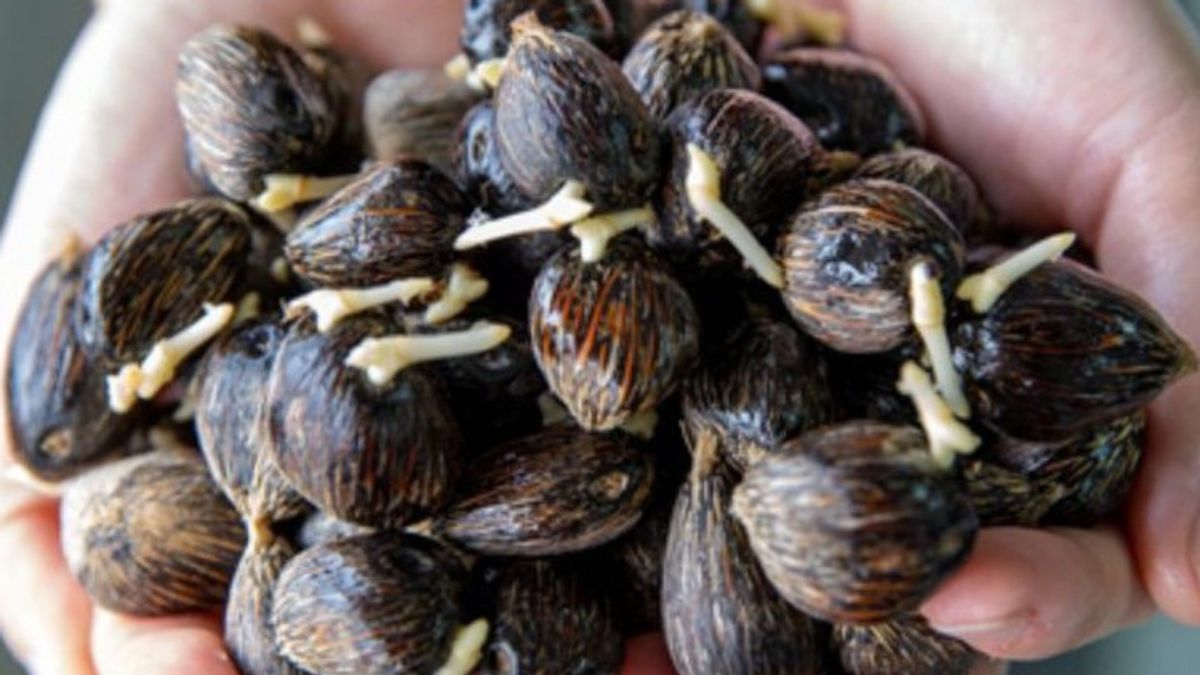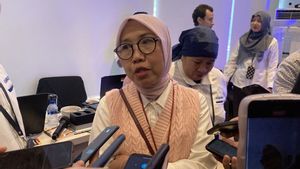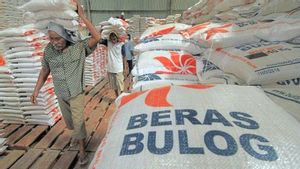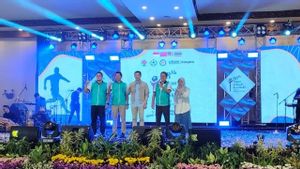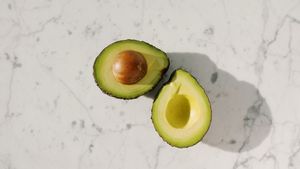JAKARTA - Asian Agri, one of the private companies in Indonesia that has produced crude palm oil since 1979, introduced superior seeds of oil palm Topaz GT.
"On this occasion, we want to introduce topaz GT's superior palm oil seeds, namely research and development seeds that have been proven to increase the productivity of fresh fruit bunches," said Head of Social Capital Asian Agri, David Alamsyah in Medan, quoted from Antara, Saturday, March 16.
According to him, the palm oil industry is the core business of Asian Agri, so far it manages around 100,000 hectares of oil palm plantations and employs more than 20,000 people.
As the pioneer of the Indonesian government's program for transmigration core plantations, Asian Agri has partnered with 30,000 plasma farmers in Riau and Jambi by managing 60,000 hectares of oil palm plantations.
"Therefore, we hope that Topaz can be an option for oil palm farmers who will replanting (rejuvenation of oil palm plantations)," said David.
Head of Research & Development Asian Agri, Tan Joon Sheong explained that one of the efforts to reduce the level of ganoderma attacks on oil palm plantations by planting the Topaz GT variety.
His party explained that ganoderma is the cause of rotten stems in palm oil plants and is a serious threat to oil palm plantations in Indonesia.
As a result of the faster and higher ganoderma attacks, as the first generation of replanting cycles increased, generally aged 15-20 years after planting.
"In addition to superior production quantities, Topaz also has resistance to the ganoderma attack. On February 1, 2019, the OPRS or oil palm research station Topaz obtained a permit to release the Topaz GT variety according to the Decree of the Minister of Agriculture," he said.
Topaz's superior oil palm seeds are seeds that have been tested and proven, and should be the mainstay of oil palm farmers, said Tan.
SEE ALSO:
Topaz is a superior palm oil seed from research by the Asian Agri OPRS. Since 1992, the company has continued to select and cross-section the selected Dura and Pisifera parent from Costa Rica (gen-1).
In 1996-1998 the Topaz OPRS began planting selected Dura and Pisifera in the Topaz seed garden. The production of the Topaz DxP results from the first generation crossover testing for six years in 1999-2004 has the potential to produce 16 tons of FFB/hectare production at TM1 and an average of 31 tons of FFB/hectare at TM3 to TM6 potential for OER 22 percent.
"Topaz only produces a ticket that is proven to have a production potential of 24 tons of FFB per hectare at TM1 and has the potential to exceed 40 tons of FFB per hectare at TM 4 with a potential OER of 29 percent," explained Tan Joon Sheong.
The English, Chinese, Japanese, Arabic, and French versions are automatically generated by the AI. So there may still be inaccuracies in translating, please always see Indonesian as our main language. (system supported by DigitalSiber.id)
